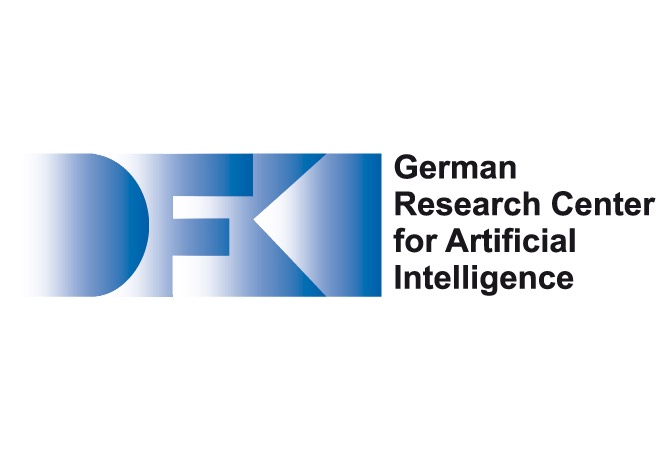 Today NVIDIA announced that the company has become a shareholder in DFKI, one of world’s largest research centers dedicated to AI. The commitment is a further step in the long-standing successful cooperation between NVIDIA, the leader in accelerated computing, AI and high performance computing, and DFKI in the area of machine learning and deep learning.
Today NVIDIA announced that the company has become a shareholder in DFKI, one of world’s largest research centers dedicated to AI. The commitment is a further step in the long-standing successful cooperation between NVIDIA, the leader in accelerated computing, AI and high performance computing, and DFKI in the area of machine learning and deep learning.
The partnership between DFKI and NVIDIA combines our sophisticated models and procedures with their high-performance platforms designed specifically for AI,” said Professor Dr. Andreas Dengel, site head of DFKI Kaiserslautern and scientific director for the research department of smart data and knowledge services. “Joining as a shareholder is a further building block of our successful cooperation and opens up new perspectives for application-oriented neural network research.”
By combining DFKI technologies with NVIDIA’s leading AI platforms, DFKI researchers and scientists have achieved remarkable results in the application, explainability and optimization of neural networks and deep learning methods in recent years.
NVIDIA and DFKI are working together to provide powerful tools so that scientists can solve the most complex AI challenges,” said Ian Buck, vice president and general manager of Accelerated Computing at NVIDIA. “As a DFKI shareholder, we’ll continue to jointly explore new areas of research that can benefit from accelerated computing.”
DFKI was selected as a GPU Research Center in 2016 due to its outstanding research results in the analysis of multimedia data and was one of the first two European institutions to be included in the NVIDIA AI Lab Program (NVAIL). In 2018, a team from DFKI’s Deep Learning Competence Center received the NVIDIA Pioneer Award for its work on neural network processing. For the first time, their methods helped to shed light on the processes of the “black box” of deep learning and to make their decision-making processes more comprehensible. In this context, research was also conducted into how correlating, large volume information streams can be processed jointly such as image and sound in video analysis.
High-performance Infrastructure for Efficient Processing
DFKI has a highly efficient deep learning data center in Kaiserslautern with several NVIDIA DGX systems in an InfiniBand network, including the first DGX-2 supercomputer in Europe. The powerful infrastructure allows for a large number of evaluations in a short time. As a result, large data volumes, such as high-resolution satellite images, can be analyzed quickly. In the same way, bottlenecks in architectures can be identified and the models can be adapted accordingly – a basis for the engineering of neural networks. The computing power in the cluster can be optimized, idle times can be minimized, and deep learning methods can be used in an energy- efficient manner.
Making Innovative Technologies Usable for Industry
DFKI researchers are planning to also make these breakthroughs usable for industry.
We are working on making complex AI algorithms available for practical use in industry,” said Andreas Dengel. “The goal is an ‘AI Model Store’ where various machine learning methods are offered. A fully automated architecture search will provide the appropriate models. Companies can select the one that best fits their problem, apply their data to the pre-trained methods, and receive feedback in real time.”
Founded in 1988 as a non-profit public-private partnership, DFKI is involved in numerous committees for Germany as a location for science and technology and enjoys a high reputation far beyond Germany in the training of young scientists. Approximately 640 highly qualified scientists, administrative employees and 440 student employees from more than 65 nations are currently working on over 250 research projects. The DFKI serves as a career springboard for young academics in management positions in industry or in self-employment through company spin-offs. Over the years, more than 140 employees have been appointed professors to chairs at universities and colleges in Germany and abroad.
Our research focuses on innovative solutions addressing information assets that are captured in large multimedia data sources. These information assets require new forms of mixed model-driven and data-driven algorithms for enabling enhanced decision making, insight discovery, behavioral analysis, coherence and anomaly detection, forecast, as well as process optimization. This comprises event, entity, and pattern recognition problems but also context modeling as well as their mutual employment for learning and adaption.





